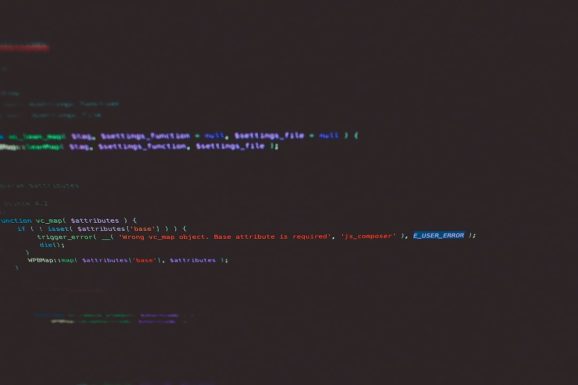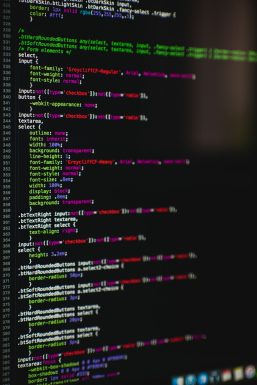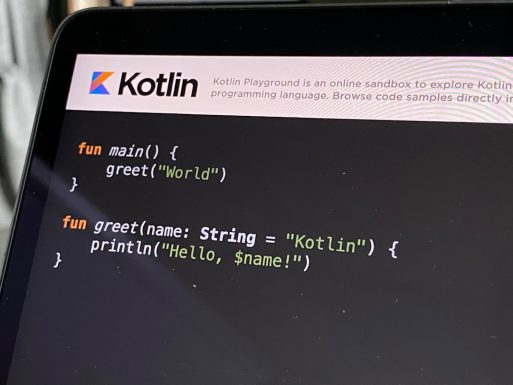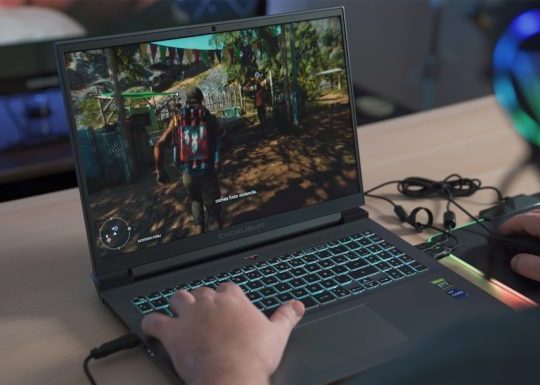Artificial intelligence has made significant strides in assisting developers, particularly in writing and debugging code. Among the top tools leveraging AI for programming tasks are DeepSeek and ChatGPT. Both models are renowned for their code generation abilities, but a pressing question remains for developers: Which model is more accurate when generating or analyzing Python code? In this article, we’ll explore the strengths and weaknesses of both AI tools, with a deep dive into their accuracy, relevance, and practical utility when working with Python.
Understanding the Contenders
All Heading
DeepSeek is a relatively new entrant in the AI coding assistant landscape. Developed with a strong emphasis on programming language comprehension, its model is specifically pre-trained and fine-tuned for code-focused tasks. It aims to outperform general-purpose language models in accuracy and efficiency for developers who often work in languages like Python, JavaScript, and Java.
ChatGPT, developed by OpenAI, remains one of the most widely used generative AI tools. Its coding capabilities have improved significantly since the release of GPT-4, with refined logic, better context retention, and the ability to handle longer and more complex code snippets. Although it is a general-purpose model, enhancements in its system prompt engineering have made it a go-to assistant for programming-related queries.
Python Code Accuracy: What It Really Means
Before we delve into the comparison, it’s important to define what we mean by “accuracy” of Python code generated or analyzed by an AI model. Code accuracy primarily involves:
- Syntax correctness: Does the code compile without errors?
- Semantic accuracy: Does the code perform the intended logic?
- Efficiency: Is the solution optimal and Pythonic?
- Context understanding: Can the AI interpret vaguely phrased prompts and provide relevant answers?
Let’s now evaluate DeepSeek and ChatGPT across these criteria.
1. Syntax and Compilation Accuracy
Both DeepSeek and ChatGPT do a good job producing syntactically valid Python code. However, slight differences emerge:
- ChatGPT: Exhibits a very high success rate in generating syntactically valid code. In many cases, it automatically corrects mistyped keywords or malformed logic blocks.
- DeepSeek: Also maintains strong accuracy but may leave edge cases unchecked or produce occasional syntactic mistakes, particularly when dealing with newer or less-documented Python libraries.
In benchmark tests, GPT-4 consistently produces code that runs on the first try more frequently than DeepSeek. But the margin, while real, is not drastic.
2. Logic and Semantic Clarity
This is where ChatGPT appears to have an edge. For example, if a user asks, “Write a Python function to group a list of strings by their anagram class,” ChatGPT not only offers a correct implementation but often explains it step by step. DeepSeek might offer a viable solution, but without detailed reasoning, which can affect interpretation and trust in the model’s output.

Furthermore, ChatGPT is better at managing context. For instance, during a multi-turn conversation with changing requirements (e.g., adapting a recursive Python function to an iterative one), ChatGPT holds context across turns better than DeepSeek.
3. Use of Pythonic Idioms
Experienced developers often prefer code that is not just functional but idiomatic — i.e., written in a style that aligns with Python’s conventions and best practices. Here, ChatGPT typically performs better.
Consider this example prompt:
“Write a Python one-liner to flatten a nested list.”
ChatGPT’s response:
flattened = [item for sublist in nested_list for item in sublist]
DeepSeek’s response:
flattened = []
for i in nested_list:
for j in i:
flattened.append(j)
While both produce correct results, ChatGPT’s use of list comprehension demonstrates a more Pythonic style.
4. Handling of Edge Cases and Error Handling
DeepSeek often stumbles when asked to account for rare or edge cases in user input. For instance, when writing code to parse JSON objects, it may overlook malformed inputs. ChatGPT, especially in GPT-4 mode, tends to provide more complete solutions, factoring in potential try/except blocks and argument checks.
Additionally, ChatGPT excels at suggesting improvements or optimizations. It can refactor code to make it cleaner, shorter, or more efficient with minimal prompting, a feature still in its infancy in DeepSeek.
5. Debugging Skills
When it comes to debugging existing Python code, ChatGPT stands out. Paste a faulty script and ask what’s wrong — it often highlights the error, explains what went wrong, and suggests a fix all in one go.

Conversely, DeepSeek might spot syntax issues but sometimes fails to diagnose deeper logical bugs or side effects related to variable scope, data type mismatches, or asynchronous operations.
Performance on Coding Challenges
In side-by-side evaluations using problems from platforms like LeetCode and HackerRank, ChatGPT (especially GPT-4) frequently provides correct, optimized, and readable solutions. DeepSeek occasionally matches or even surpasses ChatGPT in speed, but not always in accuracy. In some tests, a noticeable number of DeepSeek-produced solutions failed edge-case scenarios that ChatGPT successfully handled.
It’s important to note that DeepSeek is showing rapid improvements — its integration with code-focused benchmarks may give it an edge in future iterations. However, for now, ChatGPT’s reliability remains unmatched in most real-world scenarios.
User Experience and Workflow Integration
Beyond accuracy, developers care about how seamless and intuitive these tools are:
- ChatGPT: Offers plugins, an integrated Python code interpreter (in GPT-4), and tools for exporting or executing code in the same environment.
- DeepSeek: Is generally lighter and may be faster for smaller prompts, but lacks the integration ecosystem that allows for in-app prototyping and testing.
This has a direct impact on productivity. Users seeking a coding assistant that integrates naturally into their workflow may find ChatGPT more mature and robust.
Final Verdict: Which Is More Accurate for Python?
While both DeepSeek and ChatGPT are capable Python assistants, in terms of sheer accuracy, flexibility, and contextual comprehension, ChatGPT (especially GPT-4) takes the lead:
- More accurate syntax and logically sound code
- Better use of idioms and optimization techniques
- Superior at debugging and explanation
- Handles complex prompts and context transitions effectively
DeepSeek is promising and rapidly evolving. For standard tasks and performance-oriented operations, it may offer competitive — even faster — alternatives. But when it comes to accurate, readable, and maintainable Python code, ChatGPT remains the superior tool as of now.
As with all tools, the best choice often depends on your specific needs: speed, depth, or explainability. Future updates could shift the balance, and developers should revisit the comparison periodically as both platforms evolve rapidly.
In the end, the smartest choice might be to keep both in your toolbox — and use each where they shine brightest.













Recent Comments